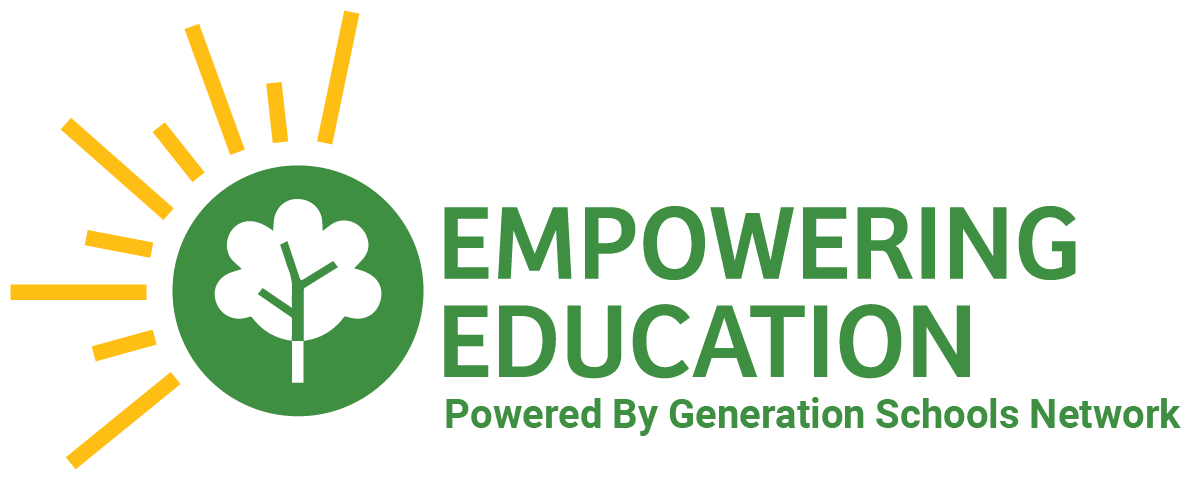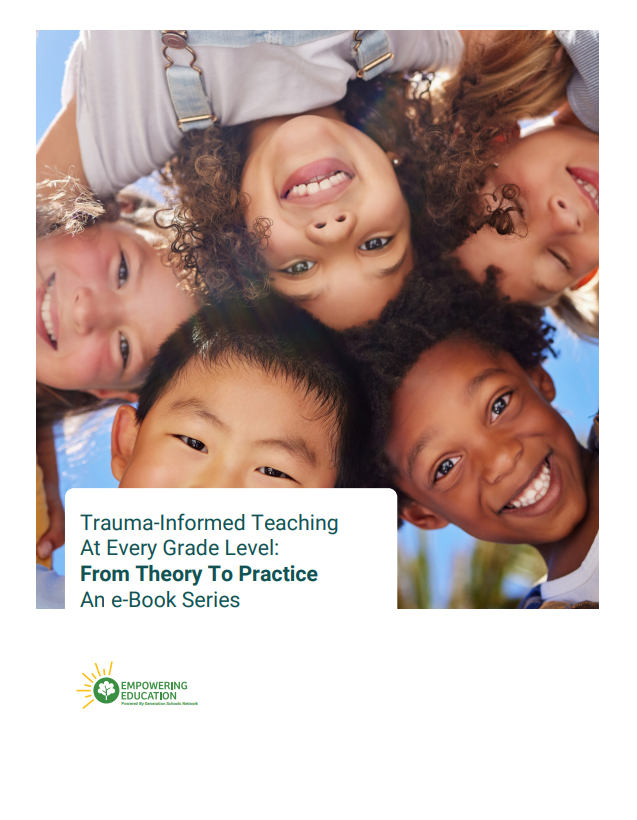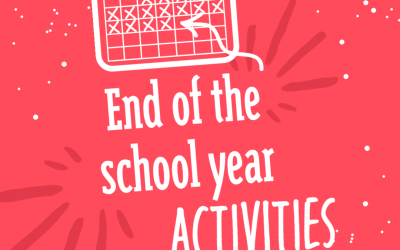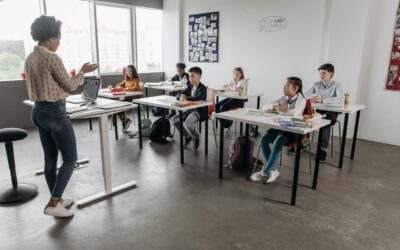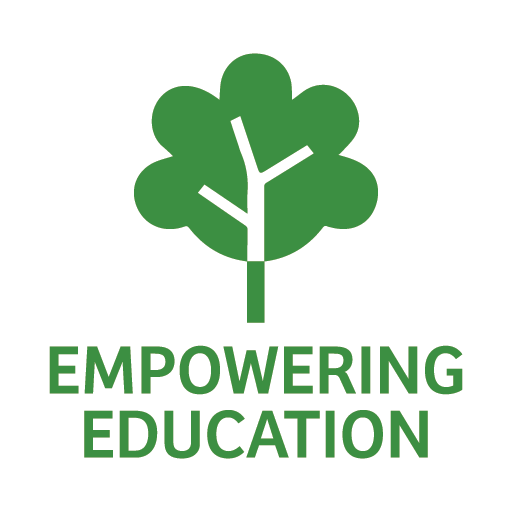Social Skills & Relationships: Three Lessons from Ecology
We cannot teach social-emotional learning without first understanding our own social skills and relationships. In our demanding work lives, stopping to examine social situations may seem like a waste of time. However, in the long term, stopping to understand the social context in which we teach will have a profound effect on teachers’ success.
In her poetic book Braiding Sweetgrass, plant ecologist Robin Wall Kimmerer describes the subtle, yet significant, ways that plants and animals relate to their environments. The message becomes clear that all things exist in a relationship. We cannot expect to grow healthy plants - or healthy relationships - without nurturing their environment.
What lessons could we learn if we applied an ecological lens to our interpersonal relationships? Dr. Wall Kimmerer teaches us these three.
1. Pay Attention
Paying attention is taught through active listening. In the ecosystem of your classroom, non-judgmental listening skills will reveal helpful information about your students.
Most teachers know, for example, that a sudden change in student behavior could be an indication of a mental health concern – a lack of sleep, a conflict at home, etc. Subtle differences in body language, eye contact, or other social interactions can only be seen by paying attention.
“Paying attention acknowledges that we have something to learn from intelligences other than our own. Listening, standing witness…creates an openness to the world in which the boundaries between us can dissolve in a raindrop."
Dr. Wall Kimmerer
In one extreme example, a colleague told me about a student who had a full-blown temper tantrum teetering on physical violence. Finally, he let the student go only to discover that he simply wanted a drink of water. With effective communication, it became clear that the student had frequently gone hungry at home.
In order to teach conflict resolution, we first need to teach listening. How are students interacting with one another? Do our students feel safe and supported? What implicit and explicit messages are we communicating through our words and actions?
2. Practice Reciprocity
A fundamental principle of nature is reciprocity. Almost every organism in nature exists in a web of reciprocal relationships. Simply put – reciprocity means you get what you give.
“Paying attention acknowledges that we have something to learn from intelligences other than our own. Listening, standing witness…creates an openness to the world in which the boundaries between us can dissolve in a raindrop."
Dr. Wall Kimmerer
Human beings are no exception to the importance of reciprocity. In fact, the primary skills involved in maintaining healthy lifelong relationships are all mutual give-and-take: perspective-taking, compromising, understanding, etc.
Building interpersonal skills in students means extending our responsibility for well-being beyond ourselves. Imagine if we explicitly taught students about reciprocity and their responsibilities towards others. How might they feel a sense of duty towards others?
3. Avoid Isolation
This past year, most of us experienced the profoundly detrimental effects of isolation. Additionally, in the natural world, isolation harms animals and plants. Mono-crop fields, for example, lack the resistance to disease and pests that is inherent to a field of diverse crops.
“Species isolation a deep, unnamed sadness stemming…from the loss of relationship. As our human dominance of the world has grown, we have become more isolated, more lonely when we can no longer call out to our neighbors.
Dr. Wall Kimmerer
The bottom line is that interdependency is a biological necessity. Likewise, communication skills cannot be practiced in a vacuum. A sense of connection is not only a side effect, but a huge incentive to good communication.
How to Teach Social Skills in the Classroom
To start teaching relationship skills, begin by creating a sense of belonging. Students perform better in classrooms that children want to attend, where they feel safe and valued. As a teacher, you can create these spaces in the physical room and the relationships you build with and between your students.
Teaching the value of relationships starts at home. Take a look at your relationship with your own friends and family. If these relationships are too charged to teach from, consider gardening. Gardening can provide a wonderful example of reciprocity in the natural world. Plus these stories are non-personal and easier to share.
Still have questions about how to teach relationship skills to your students? Join our free trial to access the full lesson plan on building relationships.
